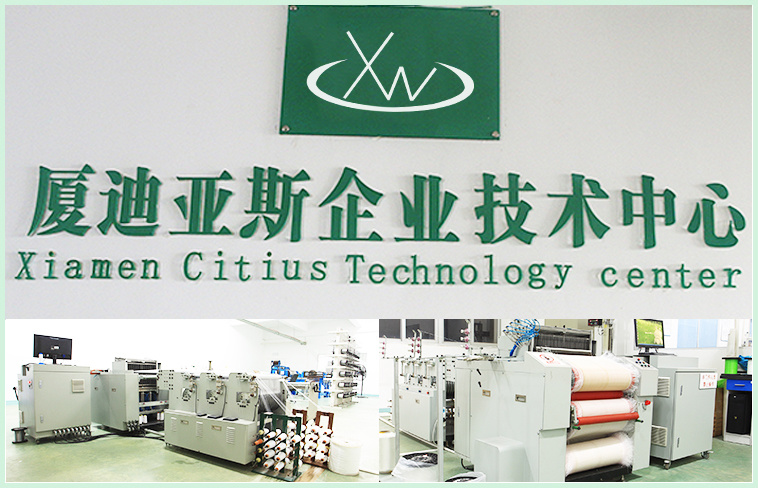Unlocking Efficiency: The Role of Filter Use in Fine Chemicals
Release time:
2025-10-09
Introduction to Fine Chemicals
In the world of chemistry, fine chemicals are like the unsung heroes of the industry. These specialized compounds are crucial for various applications, from pharmaceuticals to agrochemicals. And while these chemicals may be small in quantity, their quality is paramount. This is where filter use in fine chemicals takes center stage.
What Are Fine Chemicals?
Fine chemicals refer to pure chemical substances produced in limited quantities, often involving intricate processes. Think of them as the gourmet meals of the chemical world: meticulously crafted and requiring precision. They encompass a wide variety of products, including active pharmaceutical ingredients (APIs), flavors, fragrances, and more. The quality of these chemicals is not just a luxury; it's a necessity.
The Importance of Filtration
Now, let's talk about filtration. Picture this: you're in a bustling kitchen, trying to create the perfect dish. If you don't filter out the impurities from your ingredients, the final product could be a flop! Similarly, the filter use in fine chemicals serves to remove unwanted particles, ensuring that the final chemical product is as pure as it can be.
Types of Filters Used
There are several filtering techniques employed in the fine chemicals sector. Each has its own merits, and the choice often depends on the specific application:
- Membrane Filtration: This method uses semi-permeable membranes to separate particles from liquids. It's often used for purifying water or solvents.
- Depth Filtration: In this approach, the filtering medium is thick, allowing for the capture of larger particles. It's great for pre-filtering before finer filtration.
- Microfiltration: This technique captures small particles, including bacteria, making it essential for pharmaceuticals.
- Ultrafiltration: It's like microfiltration on steroids! It's used to separate smaller molecules from larger ones, useful in concentrating solutions.
Real Industry Cases
Let's dive into some real-world examples showcasing the filter use in fine chemicals. One notable case is in the pharmaceutical industry, where the production of APIs requires utmost purity.
Case Study: Pharmaceutical Purification
A major pharmaceutical company faced challenges with impurities in their API production. After implementing advanced filtration systems, they reported a significant increase in yield and a drop in production costs. The filters effectively removed contaminants, allowing for a more streamlined production process.
Case Study: Agrochemicals
Similarly, in the agrochemical sector, a company that produces pesticides turned to filtration to enhance product safety. By filtering out harmful byproducts, they not only improved their product quality but also adhered to stricter regulatory standards. Talk about a win-win!
Challenges in Filtration
Of course, it's not all sunshine and rainbows. The filter use in fine chemicals also comes with its set of challenges. For instance, filter clogging can lead to downtime, affecting productivity. Additionally, the initial investment in high-quality filtration equipment can be daunting. However, the long-term benefits often outweigh the costs.
The Future of Filtration in Fine Chemicals
As the demand for fine chemicals continues to grow, so does the need for effective filtration solutions. Innovations in technology, such as automated filtration systems and the use of nanotechnology, are paving the way for even more efficient processes. The future looks bright, and it's all about pushing the boundaries of what's possible.
Conclusion
In summary, the filter use in fine chemicals is not just a technical necessity; it's a cornerstone of quality assurance in the industry. Whether it's pharmaceuticals or agrochemicals, filtration plays a pivotal role in ensuring that the final products meet the highest standards of purity. So, the next time you think about fine chemicals, remember the invisible heroes—those filters working tirelessly behind the scenes to deliver excellence.
Previous article:
The next one:

